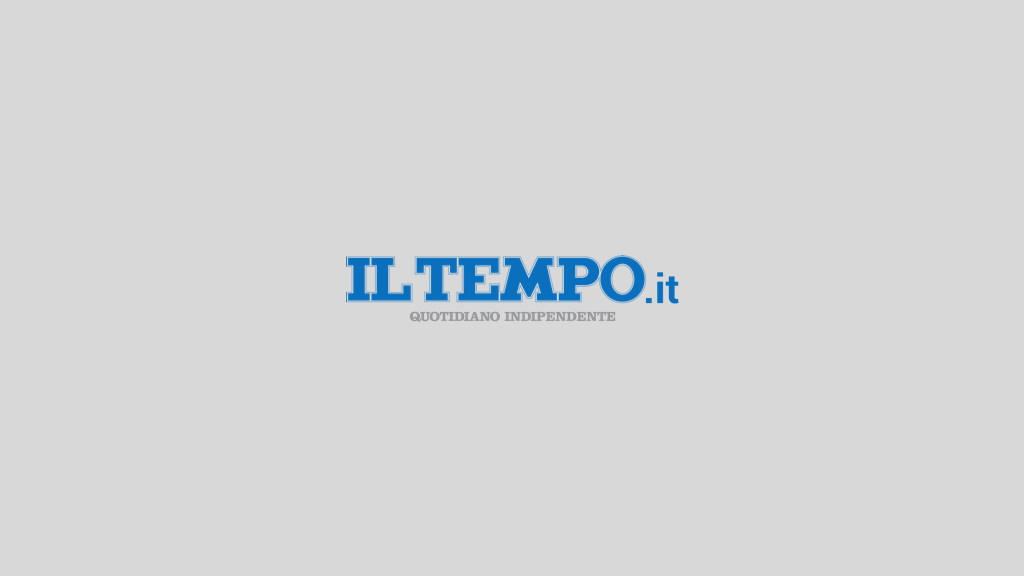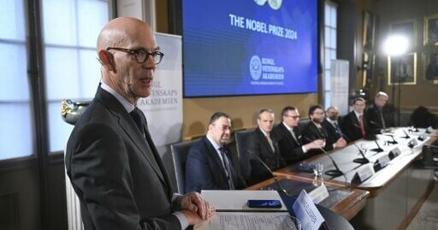Saxon Postpones Summer Tour as Frontman Biff Byford Requires Emergency Surgery

Saxon, the iconic British heavy metal band, has announced the cancellation of ten summer shows across Europe as their frontman, Biff Byford, is set to undergo emergency surgery. The band's management emphasized that the health and well-being of the band members are of utmost importance, leading to this difficult decision. The affected dates span from July 12 at the Area 53 Festival in Austria to August 16 at the Summer Breeze Festival in Germany.
The band expressed their disappointment at not being able to perform for their fans during this period but remains hopeful for a swift recovery. Saxon is looking forward to resuming their tour in time for the Trutnoff Open Air Festival in the Czech Republic on August 23 and the Neuborn Open Air on August 29. Additionally, the band has plans for tours in Spain, France, and the UK later in the year, which are expected to proceed as scheduled.
Fans holding tickets for the cancelled shows, including the Swedish club shows on July 24, 26, and 27, are advised to seek refunds from their point of purchase. Saxon is working closely with promoters to reschedule the other affected dates and has apologized for any inconvenience caused to their loyal fanbase.
Despite the cancellations, Saxon's performance at the Rockharz Festival in Ballenstedt, Germany, on July 2 will go ahead as planned. The band and their management have asked for patience and understanding from fans during this challenging time, as they prioritize Biff Byford's health and recovery.



